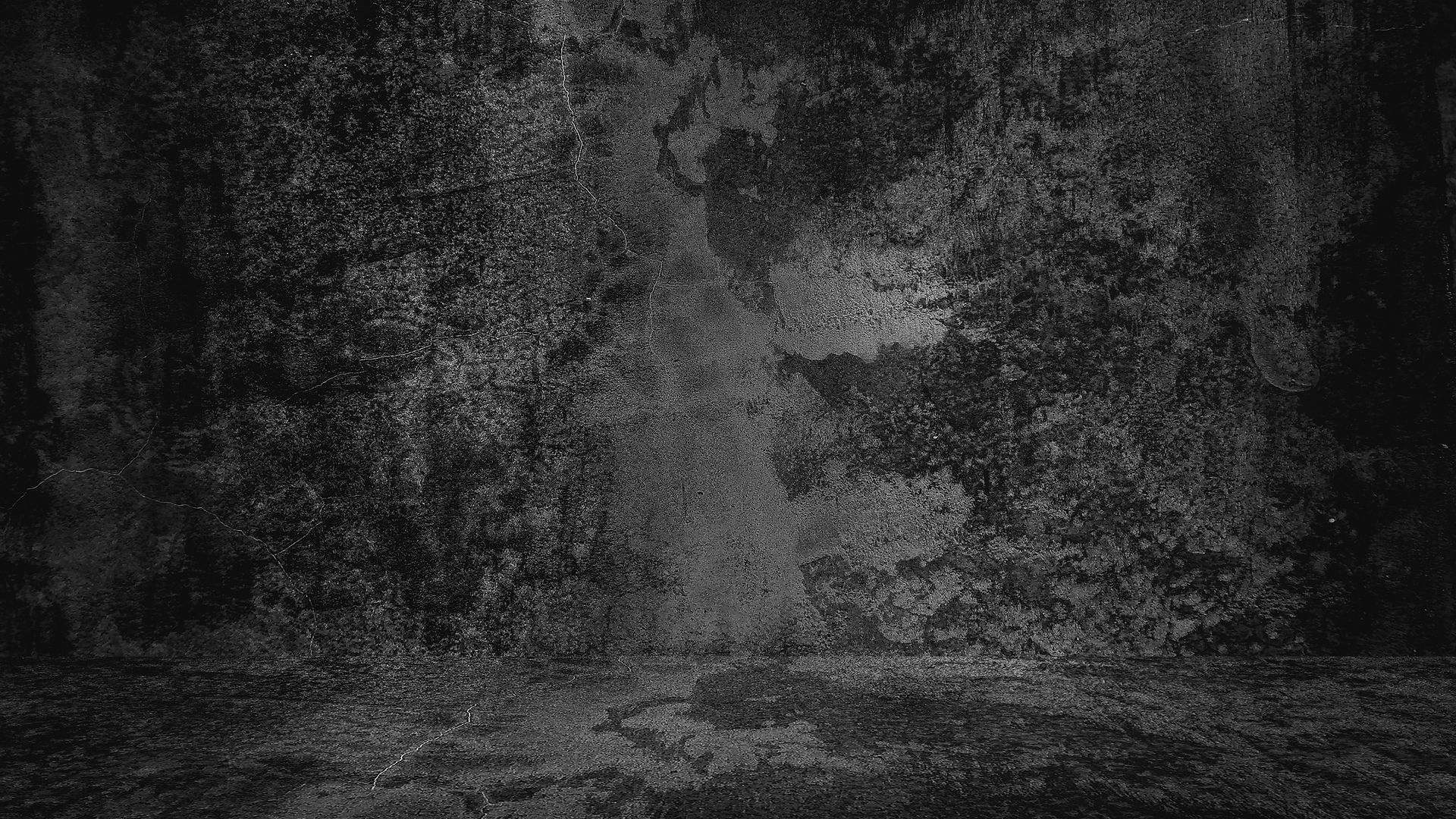
Introduction

THREE WEEKS AGO, I was sitting in front of my computer at home trying to finish an essay on educating children. But I was unable to concentrate. A broadcaster with a notably concerned expression was reporting on the spread of the coronavirus, which was now advancing across mainland Europe. It was no longer a “Chinese problem,” which many had hoped to keep at a “safe distance.” Its effects were becoming a global issue. As the days passed, any concept of time I had was replaced by the rising tide of casualty statistics. I watched as the anxiety and concern spread almost as quickly as the virus itself.
I kept thinking about “domino” and “butterfly” “effects” and how radically interconnected we truly were. Admittedly ignorant to the science, I needed to find out more, but the “news” was no comfort. As nations started falling victim one by one to the virus, we all started coming to terms with the vocabulary of “lockdown,” “isolation,” and “quarantine.” Some undoubtedly responded in a more humane way than others.
Like many authors, I wanted to say something, partly I now see for my own sanity, but didn’t know where to begin. I just knew that I was becoming increasingly concerned, not only for the welfare of others, but of my loved ones, family, friends, and companions alike. Writing has always been my therapy to the horrors of the world. And I still maintain there is no better reason to write or express — in any medium — than to feel the world’s beauty and pain. But was it all simply too close or too reactionary?
There certainly was no shortage of reflections being offered. Everyone is now an expert, it seems, and yet never have we felt more in the dark about outcomes — even the most basic, questioning whether there will be enough food to go around. But I couldn’t find the words to do justice to this unfolding tragedy, except to repeat the warnings from history and the need to be vigilant to its political effects. I now see my inertia was revealing of a deeper fear and a sense of foreboding: that of being alone, writing alone.
When proposing this edition to the editorial team at the Los Angeles Review of Books, I therefore had the simple intuition there were probably others who wanted to respond, but also not simply in isolation. What I have also discovered is that they too had doubts. Some initially committed and then withdrew for reasons all too understandable. What was the point of saying anything right now? Should we not spend more time reflecting on the significance? Might we not simply reaffirm our own privileged positions? Worse still, might our interventions come across as parasitic to the virus?
Following supportive discussions with my loving wife and the editorial team, I set about to bring together a small group of critical thinkers, artists, and poets who could all in their own way share their thoughts and concerns. My intention was not to create some unified voice, resilience style help-guide, or mini-manual for political survival. It was to invite responses from authors who might reveal their own unique tensions, fears, and even doubts about the types of interventions the world needs right now.
Despite the reservations, I don’t think I’ve ever been more humbled by the responses and the trust the contributors to this curated volume have shown in these desperate times.
I do hope these contributions help spark conversations on how we move forward, which will no doubt continue in the years to come.
Brad Evans, Project Curator
April 14th 2020

The Contributions
.jpg)

























